1. Persistent Musty Odors

Real estate agents know that a musty smell is rarely just a quirky scent — it often means moisture problems like mold or hidden water damage. Mold can lead to costly repairs and even health concerns for future buyers, so the scent alone can turn them off immediately. Agents will suspect something’s wrong behind walls or under floors, which means a deal could get complicated fast. It’s a subtle but strong warning that the home needs a deep inspection.
Buyers might try to overlook smells, but agents see it as a major sign of neglect. Even if the odor is masked temporarily, it tends to come back, and that’s a headache no one wants. Sellers who ignore this problem are basically asking for trouble in negotiations. Agents know the smell can kill interest before anyone even steps inside.
2. Overgrown or Neglected Landscaping

When a yard looks like it’s been ignored for months or years, agents immediately think the home hasn’t been well cared for overall. Overgrown bushes and dead plants often mean there’s been little maintenance on the entire property, which could extend to the interior. Buyers usually want a home that looks move-in ready, and messy landscaping sends the opposite message. It’s a silent sign that repairs and upkeep might have been deferred.
Plus, messy yards can hide other issues like cracked foundations or drainage problems. Agents see it as a warning that the seller might not be willing to fix anything before listing. It’s a visual red flag that can make potential buyers wonder about the home’s overall condition. So, a neat yard isn’t just for curb appeal — it’s a clue about the whole property.
3. Multiple Layers of Paint on Walls

When agents spot walls with thick, multiple paint layers, they worry about hidden damage like cracks, water stains, or patch jobs underneath. It’s often a quick fix by sellers to hide problems instead of addressing them properly. This kind of surface treatment suggests the house may have ongoing issues or hasn’t been inspected carefully. Agents know that paint can only cover so much before something serious shows through.
For buyers, peeling or thick paint is a red flag that deeper problems might be lurking. It’s also a hassle because it means more work during renovations or inspections. Sellers who try to gloss over issues with paint risk losing trust with agents and buyers alike. Agents see past the surface, so this feature usually signals trouble ahead.
4. Cracks in the Foundation or Walls
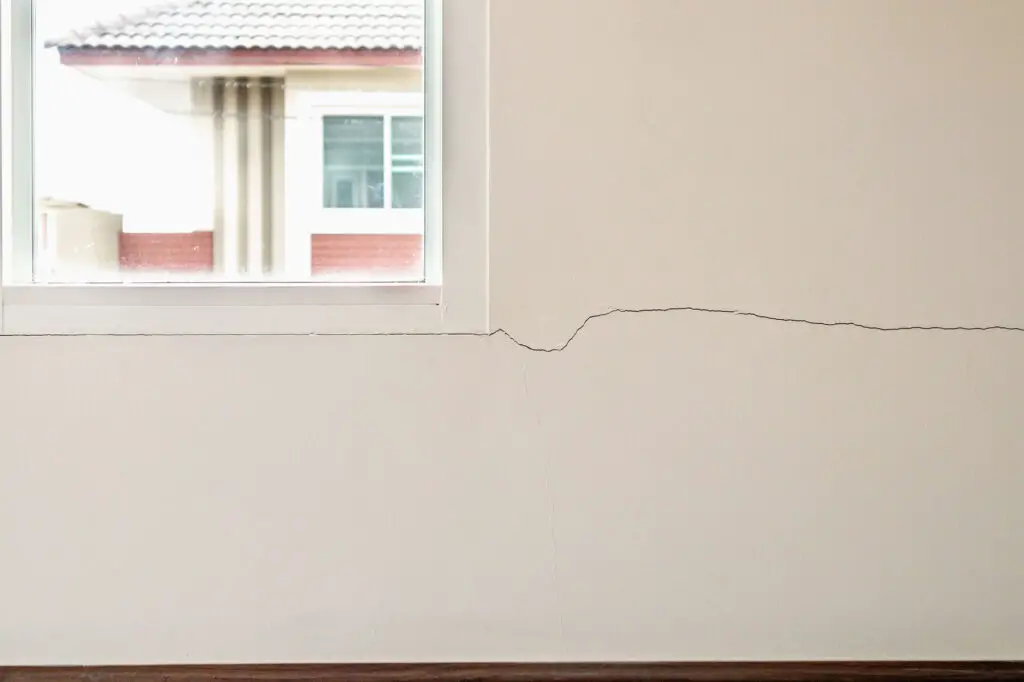
Visible cracks immediately put agents on alert because they could mean serious structural problems. While small hairline cracks can be normal settling, larger or uneven cracks suggest foundation movement or instability. Fixing foundation issues can be expensive and complicated, which scares buyers off quickly. Agents know that foundation repairs are often deal-breakers or require heavy price negotiations.
Even cracks inside the home, like in drywall or around windows, are warning signs of structural stress. Agents interpret these as signs that the home needs professional evaluation before it’s safe or stable. Sellers who ignore foundation cracks risk scaring away offers or facing costly repairs later. It’s one of the clearest indicators that a home might have big problems.
5. Outdated Electrical Systems

Homes with old or improperly maintained electrical wiring are huge red flags for agents because they’re safety hazards. Outdated panels, knob-and-tube wiring, or insufficient amperage can lead to fire risks or costly upgrades buyers must make. Agents know that modern buyers expect safe, updated electrical systems that won’t cause problems after moving in. This kind of issue can stall or kill a sale entirely.
Older wiring also complicates insurance and inspections, which makes the whole transaction tougher. Buyers don’t want to deal with rewiring a home, so agents spot this as a sign to tread carefully. Sellers who haven’t updated their electrical system can lose credibility and offers quickly. It’s a costly fix that everyone wants to avoid.
6. Roof in Poor Condition

A roof with missing shingles, sagging sections, or visible damage instantly signals trouble to agents. Roof repairs or replacements are expensive, and buyers factor this heavily into their decision. If a roof looks neglected, agents assume there might be leaks or water damage inside, which adds another layer of concern. It’s often the first thing agents check during a walk-through because it can make or break a deal.
Even if the seller downplays it, agents know that roof issues are non-negotiable for most buyers. A bad roof means immediate out-of-pocket expenses or reduced offers. Sellers who ignore roof maintenance risk scaring away serious buyers before they get too interested. The roof is a top priority for everyone involved in a sale.
7. DIY Renovations Done Poorly

When agents see makeshift repairs or amateur remodeling, alarms go off immediately. Poorly done DIY projects often lead to bigger problems because they don’t meet building codes or quality standards. Buyers and agents alike worry about hidden safety risks or the need to redo expensive work. It’s a sign that the home hasn’t been professionally maintained, which can hurt resale value.
Agents also know that subpar DIY jobs can complicate inspections and financing. Banks might hesitate to approve mortgages if the home looks unsafe or unstable. Sellers who cut corners instead of hiring pros risk losing buyers or having to drop prices drastically. Agents prefer homes with professional, certified improvements.
8. High Utility Bills Without Explanation

If the home has unusually high utility bills for its size or location, agents get curious—and concerned. Excessive energy usage can mean poor insulation, outdated HVAC systems, or hidden leaks, all of which add costs for buyers down the line. Agents see this as a red flag that the home isn’t energy efficient or well maintained. It’s an indirect sign that could translate into expensive repairs or upgrades.
Buyers hate surprises when it comes to monthly expenses, and agents want to protect their clients from them. If sellers can’t explain or justify high bills, agents suspect bigger issues. This makes the home less attractive and harder to sell. Transparency about utility costs is key to building trust.
9. Water Damage Stains or Warping

Visible water stains on ceilings, walls, or floors raise immediate concern for agents because water damage can be costly and complex to fix. It could indicate leaks from plumbing, roofs, or drainage problems outside the home. Warping floors or soft spots suggest ongoing moisture issues that weaken the structure. Agents know that water problems can lead to mold, rot, and expensive repairs buyers want to avoid.
Even if the damage looks minor, agents worry about hidden problems behind walls or under flooring. Sellers who don’t address water damage risk scaring off buyers or having inspections fail. It’s a sign that the home needs thorough evaluation before any deal goes through. Water damage is a deal killer without clear solutions.
10. Strange Layout or Room Conversions

Homes with odd floor plans or rooms converted for different uses often raise red flags for agents. Conversions like turning a garage into a bedroom or using closets as kitchens might not be up to code or lack permits. Buyers worry about functionality and legal issues, and agents anticipate these concerns causing delays or renegotiations. Strange layouts can also make the home harder to market.
While some unique spaces are charming, most agents prefer homes with practical, straightforward designs. Unpermitted work can lead to fines or forced reversals. Sellers who don’t disclose these changes can lose credibility and deals. Agents see odd layouts as potential red flags worth investigating.
11. Pest Infestation Signs
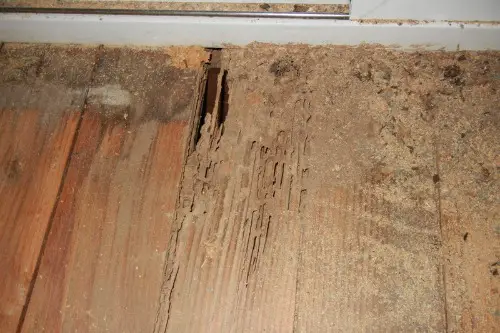
Any signs of pests—whether termites, rodents, or insects—set off immediate alarm bells for agents. Pests can cause structural damage and health issues, plus they’re notoriously difficult to eliminate completely. Buyers don’t want to inherit a pest problem, so agents treat infestations as a major deal breaker or negotiation point. Evidence like droppings, chewed wood, or holes is a clear warning.
Even a suspicion of pests means the home needs thorough treatment and inspections. Sellers who hide pest issues risk legal trouble or losing the sale. Agents always look for signs to protect their clients from unexpected surprises. Pest problems are costly and stressful, so agents avoid homes with them whenever possible.
12. Unusual Smells Beyond Mustiness

Agents are trained to detect smells beyond just mold, like chemical odors, cigarette smoke, or pet smells that are difficult to remove. These odors often linger and can seriously affect buyers’ impressions and health. Agents know that stubborn smells mean extra cleaning or renovations, which buyers may not want to deal with. Unusual smells can tank showings and offers quickly.
Sellers sometimes underestimate how strong or off-putting these smells are. Agents see them as hidden issues that reduce the home’s marketability. If odors aren’t addressed properly, the home stays stuck on the market longer. Fresh-smelling homes are a must-have for smooth sales.
13. Visible Signs of Foundation Settling or Sagging Floors
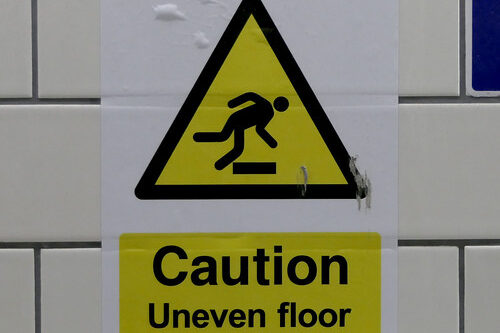
Sagging floors or uneven surfaces instantly raise concerns about the home’s structural integrity. Agents know this could mean serious foundation settling or damage that’s expensive to fix. Buyers are wary of footing problems that could worsen over time or cause safety risks. It’s a visual cue that the home might not be as solid as it appears.
Even small dips in floors or doors that don’t close properly can indicate big problems. Agents expect sellers to disclose these issues upfront or face tough negotiations. Homes with these signs often require engineering assessments and costly fixes. It’s one of the biggest “uh-oh” signals for agents and buyers alike.
14. Signs of Previous Flooding
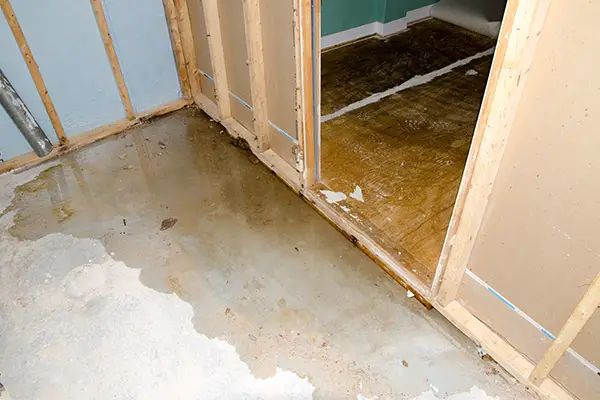
Water marks, stains, or repaired drywall near floors or basements often tell agents that a home has been flooded before. Past flooding means possible damage to the foundation, mold growth, and long-term moisture problems. Buyers and lenders get nervous about flood risks and insurance costs. Agents see these signs as warnings that the home might come with hidden baggage.
Sellers who don’t disclose past flooding risk legal and financial trouble. Agents know that homes with flooding history often sell below market value or need extra inspections. It’s a red flag that can stop a deal cold or demand big price reductions. Flood damage is one of the toughest problems to overcome in real estate.
15. Unpermitted Additions or Decks

When agents spot a sunroom, garage conversion, or deck that lacks permits, alarm bells ring fast. Unpermitted work often dodges inspections, which means safety and code compliance are big question marks. That creates risk for buyers who might be forced to tear it out or bring it up to code at their own expense. It also hints that other shortcuts may be hiding behind the walls.
Even when the structure looks sturdy, missing paperwork can derail loans and insurance. Lenders and underwriters dislike ambiguity, and this kind of ambiguity is expensive. Agents also know municipalities can levy fines or require retroactive approvals. The uncertainty alone can sink an otherwise solid deal.
16. Polybutylene or Heavily Corroded Galvanized Plumbing

Certain pipe materials scream future leaks and insurance headaches to seasoned agents. Polybutylene and old galvanized lines are notorious for failures, discoloration, and low water pressure. Replacing supply lines is invasive and costly, often requiring wall and ceiling repairs too. Buyers hear that and start mentally subtracting from their offer.
Agents also worry about appraisal and inspection outcomes when these pipes are present. Insurers may demand replacement or slap on higher premiums, complicating closing. Even minor staining around fittings suggests active deterioration that won’t improve on its own. It’s a plumbing time bomb that smart buyers try to avoid.
17. Bathrooms Venting Into the Attic
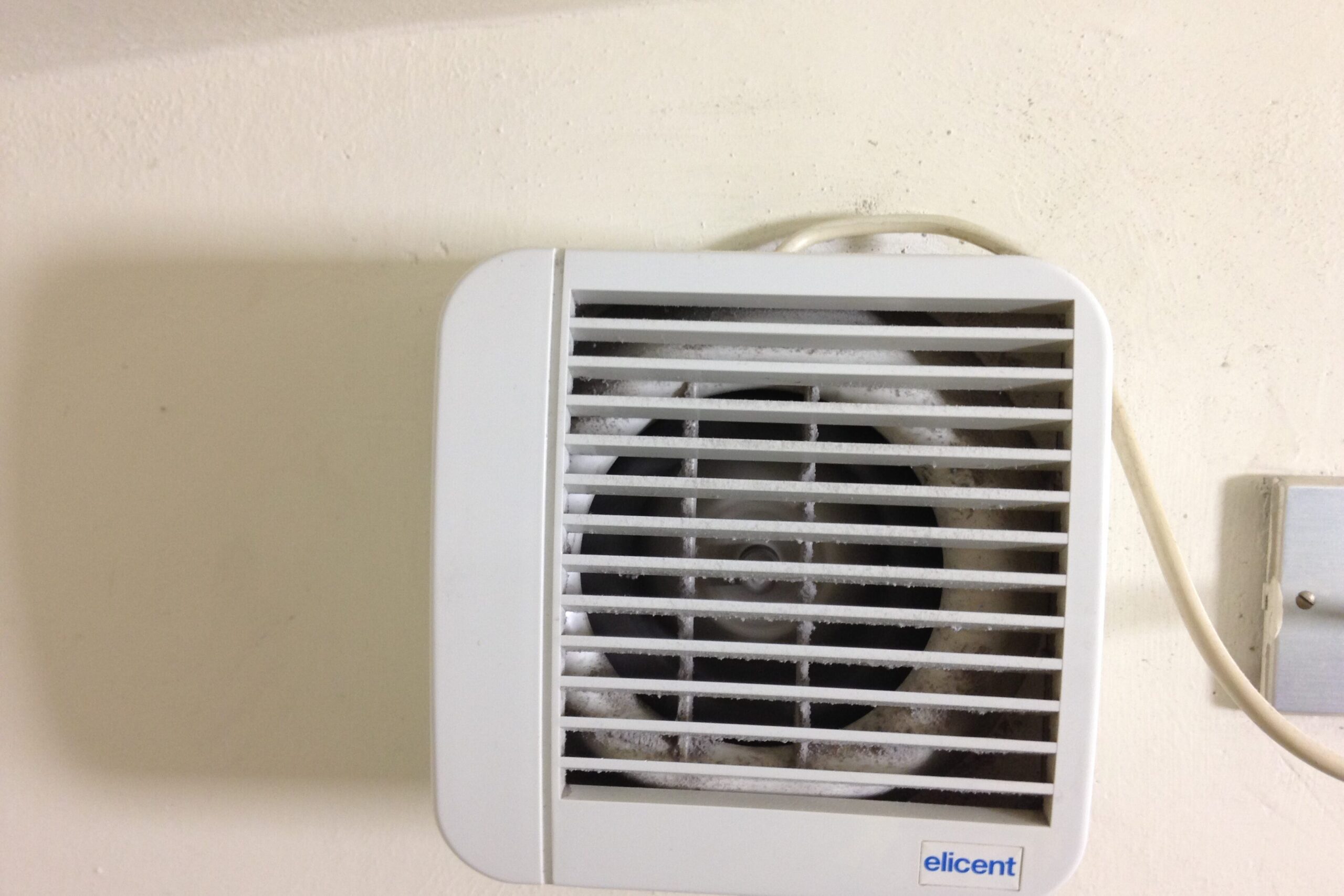
A bath fan that dumps moist air into the attic is a mold factory waiting to happen. Agents know this seemingly small defect can rot sheathing, saturate insulation, and attract pests. Correcting it requires ducting the fan to the exterior and sometimes remediating damage already done. That turns a cheap fix into a costly project with hidden layers.
They’ll also look for telltale clues like damp insulation, rusty nails, and a musty attic smell. Home inspectors will flag it immediately, and buyers will push for credits or repairs. If the seller shrugs it off, trust erodes quickly. Moisture in the wrong place is one of real estate’s fastest deal killers.
18. Overpowering Scent Cover-Ups

An entryway stacked with plug-ins and scented candles feels less like hospitality and more like camouflage. Agents have learned that heavy fragrances often mask pet odors, cigarette smoke, or dampness. Once the smell dissipates, the real issue returns, and so do repair costs. That’s a bet most buyers don’t want to place.
Strong cover-ups also raise disclosure concerns if a persistent odor source exists. Smoke residue, for example, can permeate ducts, drywall, and flooring. Remediation is expensive and invasive, and it’s rarely perfect the first time. Agents read the room—and the aroma—and proceed with caution.
19. Missing GFCI/AFCI Protection Near Water or Bedrooms
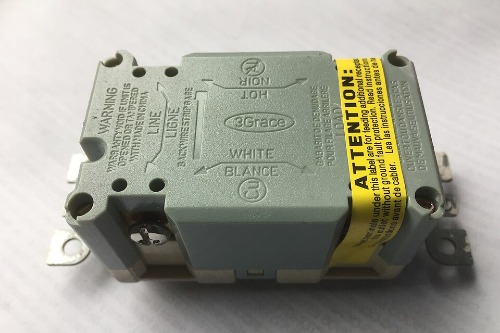
Outlets near sinks, tubs, and exterior areas without GFCI protection signal outdated or unsafe wiring. Likewise, missing AFCI protection in sleeping areas points to code gaps and potential fire risk. Agents know buyers will factor electrical upgrades into their budget immediately. That shrinks offers and stretches timelines.
They’ll also anticipate lender or insurer pushback when basic safety devices are absent. Simple fixes can snowball if the panel is undersized or improperly labeled. What starts as a few outlets may morph into a bigger electrical overhaul. It’s a bright, blinking sign that the home needs attention.
20. Fogged Windows and Failed Seals

Cloudy, moisture-filled double-pane windows tell agents the thermal seals have failed. Beyond the cosmetic haze, failed seals mean reduced energy efficiency and potential water intrusion. Replacement panes or full window swaps aren’t cheap, especially across multiple rooms. Buyers see dollar signs and start negotiating down.
Agents also worry about collateral damage around the frames and sills. Prolonged condensation can rot wood, invite mold, and warp trim. If a seller ignored the issue for years, what else did they overlook. It’s a small glass clue that often points to bigger maintenance gaps.
21. Negative Grading and Downspouts Dumping at the Foundation

When the ground slopes toward the house or downspouts end right at the footing, water goes exactly where it shouldn’t. Agents know poor drainage leads to wet basements, slab movement, and moldy crawl spaces. Fixing grading, extending downspouts, and adding proper drainage can be messy and pricey. Buyers don’t like surprises that arrive with the first heavy rain.
They’ll also connect exterior grading problems with interior clues like efflorescence and musty lower levels. Even fresh paint on foundation walls won’t hide recurring moisture stains for long. A drainage plan becomes a must-have line item before closing. For agents, bad water management is trouble in plain sight.
This post 21 Home Features That Signal Trouble to Real Estate Agents Instantly was first published on Greenhouse Black.
